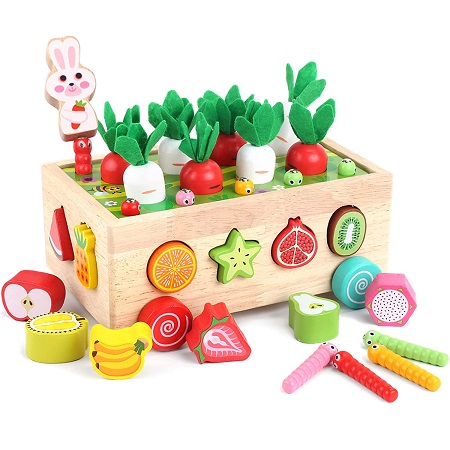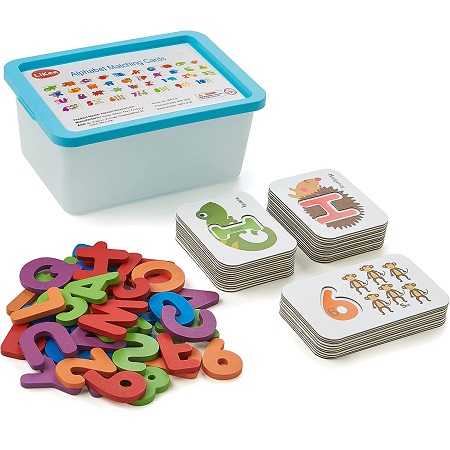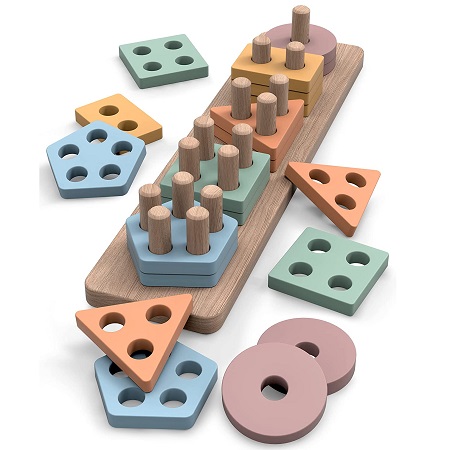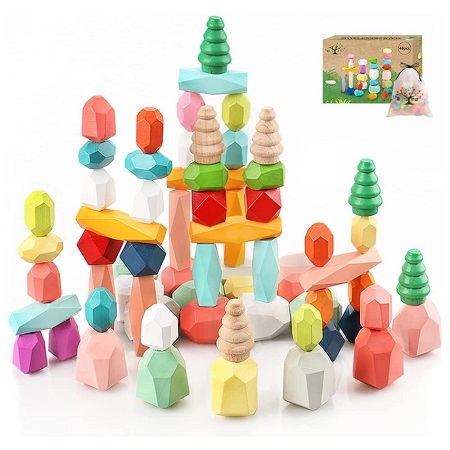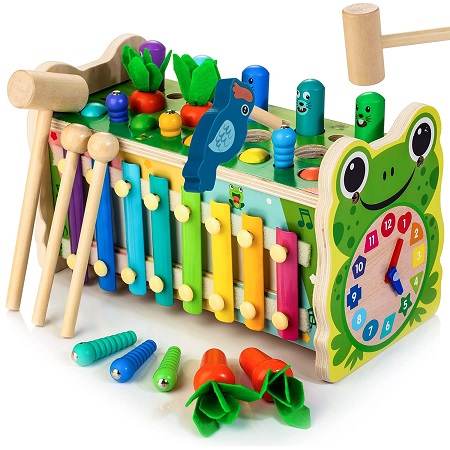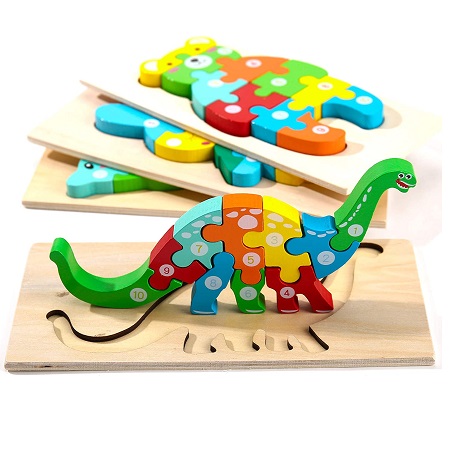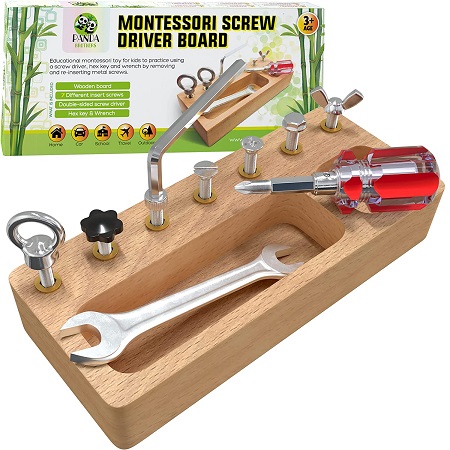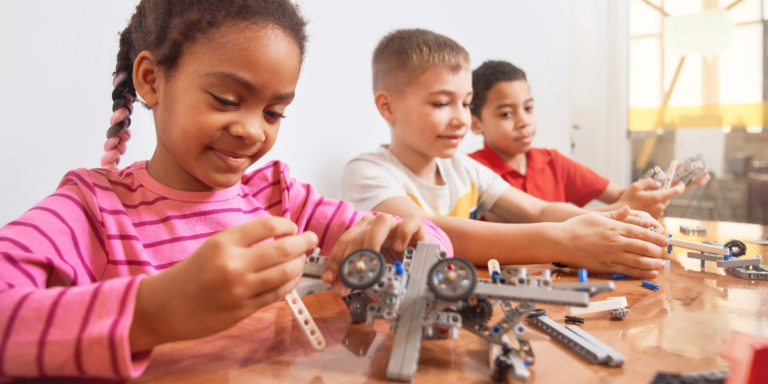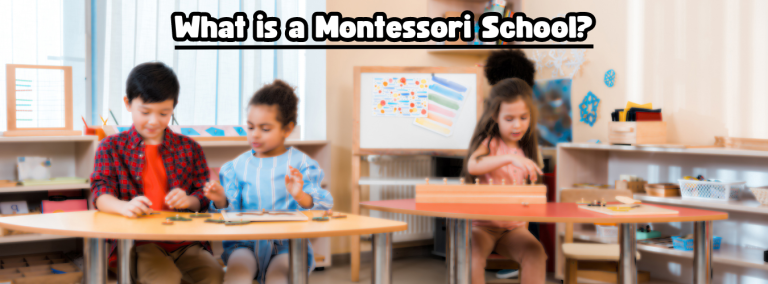8 Ways Educational Toys Help Children Develop
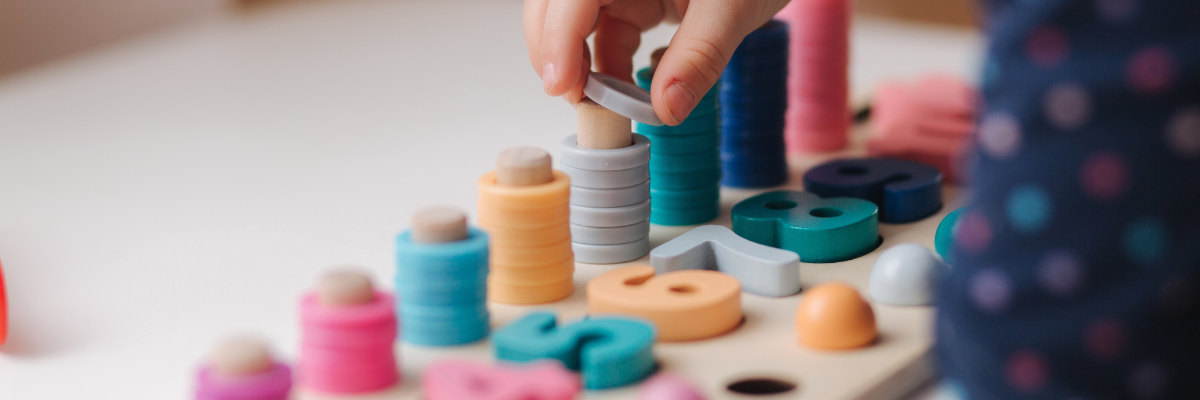
As parents, we all want the best for our children – and that includes giving them tools that will help them thrive academically and socially. One way to do this is by providing educational toys. These toys are designed to not only be fun but to also promote learning and development in young children.
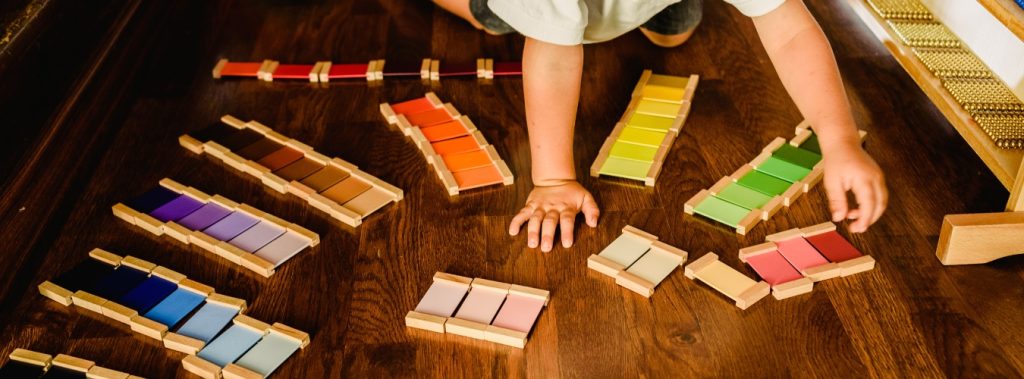
How Educational Toys Help Children Develop Their Skills
While it may seem like an easy solution, the benefits of educational toys are backed by research. It has been proven to help kids develop a wide range of skills including cognitive, motor, language, and social skills. In this blog post, we’ll explore how educational toys work and what types of toys are best suited for different stages of development.
1. Enhances IQ and Problem-Solving Skills
Certain toys challenge the mind and promote critical thinking, reasoning, and creative problem-solving. By improving memory recall, coordination, and reading, educational and developmental toys can support a child’s intellectual growth. Toys like magnetic construction kits and puzzle games encourage children to think creatively, a key life skill.
Recommended Toy:
Montessori Wooden Shape Sorting Toys
2. Develops Literacy, Memorization and Motor Skills
Educational toys are specifically designed to help children develop valuable skills such as literacy, memorization and motor skills. By playing with these toys, children can improve their cognitive abilities, which can ultimately lead to better academic performance.
Educational toys can help kids develop their language skills in many ways. Toys like alphabet blocks or phonetic toys can help young children learn the basics of language. More complex toys like a puppet theater set or storytelling kits can help them improve their reading and comprehension skills.
Recommended Toy:
LIKEE Alphabet Number Flash Cards Wooden Letter Puzzle
3. Develop Hand-Eye Coordination
Toys like building blocks, puzzles, and balls can help children develop hand-eye coordination, a fundamental developmental skill, by coordinating the movement of the eyes and hands. Toys like stacking dinosaurs can provide a challenge to kids. In addition, magnetic tiles and wooden blocks can help children learn how to balance objects.
Recommended Toy:
GOPO TOYS Montessori Shape Sorter and Color Stacker
4. Builds Confidence and Balance Through Play
Children gain important skills from playing with toys, including building confidence and balance. As they engage with toys that encourage movement, children learn to control their body and develop better balance. This helps them to feel more secure in their movements and more confident in their abilities.
Recommended Toy:
48PCS Toddler Wooden Stacking Building Blocks
Educational toys like ride-on cars and balance bikes can be especially helpful for building physical confidence. Through play, children also learn to take risks and challenge themselves, which can boost their self-esteem and independence. It’s important to provide a variety of toys and opportunities for play to help children develop both their physical and emotional confidence.

5. Promotes Critical Thinking and Social Interaction
In addition to boosting cognitive and motor skills, educational toys also play a fundamental role in children’s social development. Toys that encourage critical thinking and problem-solving skills often require children to work collaboratively with others, promoting social interaction and communication. As children work together to solve puzzles and complete tasks, they learn important social skills such as collaboration, sharing, negotiation, and compromise.
In addition, educational toys that promote critical thinking and perspective. For instance, a toy that encourages creative storytelling can help children understand different perspectives and relate to others in a meaningful way. Ultimately, educational toys provide children with a fun and engaging way to develop a range of fundamental skills that they will carry with them throughout their lives.
Recommended Toy:
6 in 1 Wooden Montessori Old Whack a Mole Game
6. Helps Explore Emotion and Creativity
Educational toys can have a positive impact on a child’s emotional development. Many of these toys encourage imaginative play, which can help kids explore their emotions and develop their creativity. This type of play can also help kids learn how to express their emotions in a healthy way, which can lead to better emotional regulation and well-being.
Educational toys that focus on mindfulness and relaxation, such as yoga mats or calming sensory toys, can help kids develop their emotional self-awareness and stress-management skills. Toys like a painting set or a dress-up kit can encourage imagination and creativity and help children develop their artistic skills.
Recommended Toy:
Montessori Mama 4-Pack Toddler Puzzle
7. Advance Communication Skills
Educational toys, such as counting or sequencing toys, early years books, and even finger puppets, can support the advancement of communication skills. By using these toys, children can learn to express themselves confidently and clearly.
Recommended toy:
beiens Talking Flash Cards for Toddlers with 240 Sight Words
8. Encourage Independent Learning and Exploration
Educational toys provide a fun and engaging way for children to develop essential skills while also fostering their curiosity and creativity. They promote independent learning and exploration by allowing children to interact with the world at their own pace.
Recommended:
Panda Brothers Montessori Screwdriver Board Set
How do educational toys aid in the development of motor skills in children?
Educational toys can help to develop motor skills faster and enhance different motor skill groups, such as fine motor skills. They do this by encouraging activities that use the small muscles in the hands, fingers, and thumbs. For example, toys that promote hand-eye coordination, like shape sorters or threading beads, help to strengthen these muscle groups and benefit children’s motor skills.
Can educational toys really enhance a child’s problem-solving abilities?
Yes, educational toys can indeed enhance a child’s problem-solving abilities. They engage the logic needed to initiate independent problem-solving. Toys like magnetic construction kits and puzzle games encourage children to think creatively, a key life skill that they will always fall back on. This kind of active learning is essential in the development of problem-solving skills that will be useful throughout their lives.
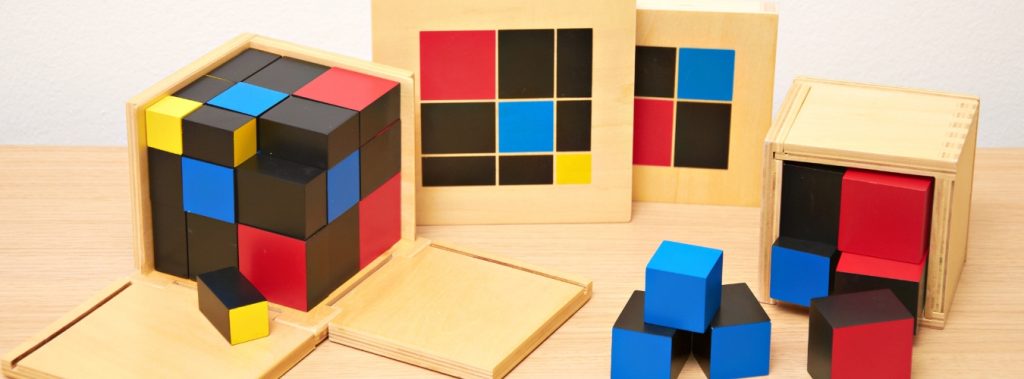
What role do educational toys play in social interaction and communication skills?
Educational toys can play a significant role in promoting social interaction and improving communication skills. They encourage play and interaction with other children, helping them learn how to make friends, hold conversations, and experience positive relationships. Interactive team toys, such as dress-up costumes, arts and crafts, and finger puppets, are particularly useful in this regard. Moreover, educational toys like counting or sequencing toys, early years books, and finger puppets can also support the advancement of communication skills, helping children learn to express themselves confidently and clearly.
Conclusion
Educational toys are more than just something children play with. They play a vital role in their cognitive, motor, social, and emotional development. By engaging their senses, sparking their imaginations, and encouraging interaction with others, educational toys can help kids learn critical skills, such as problem-solving, conflict resolution, and cause-and-effect. So, when selecting toys for their children, parents should choose those that will educate and inspire their little ones to explore, learn, and thrive.

